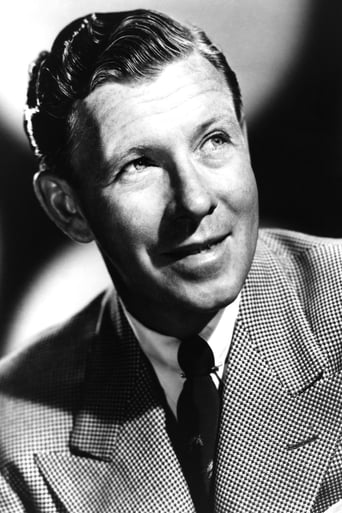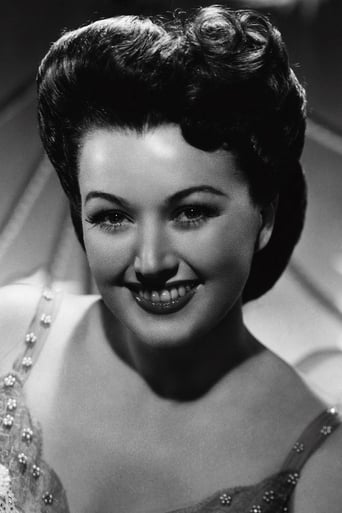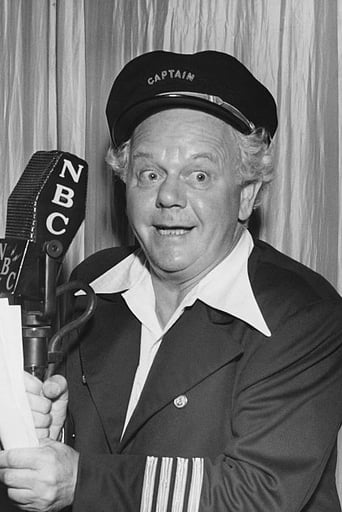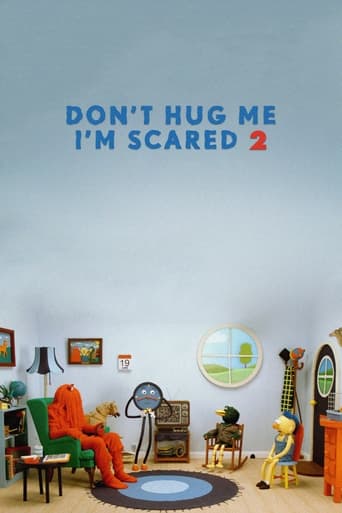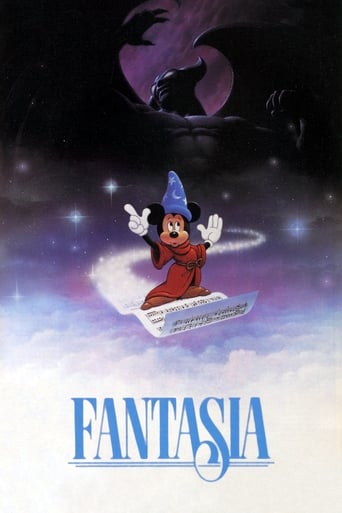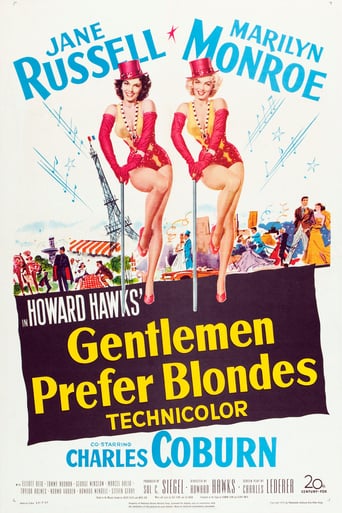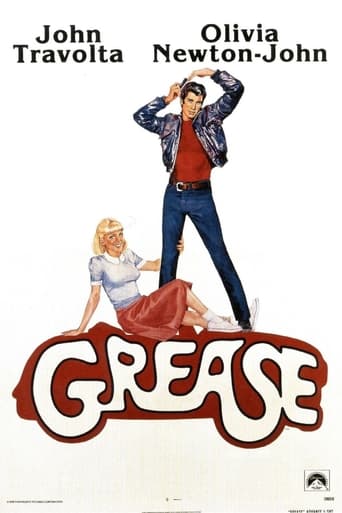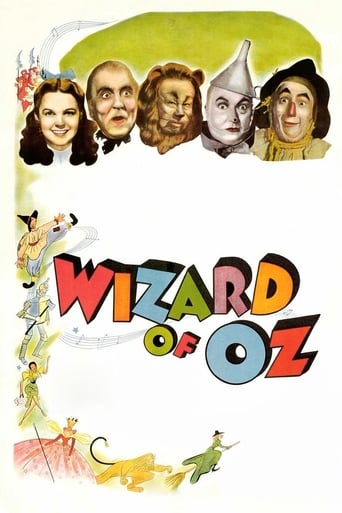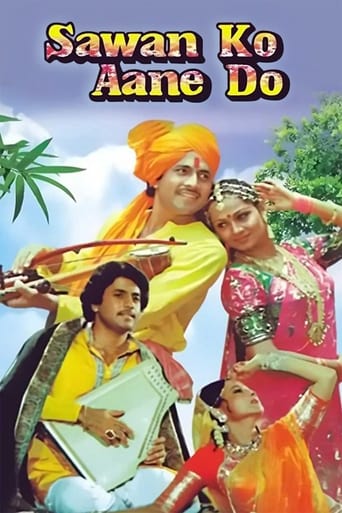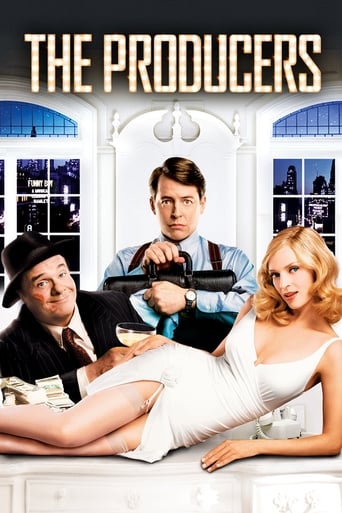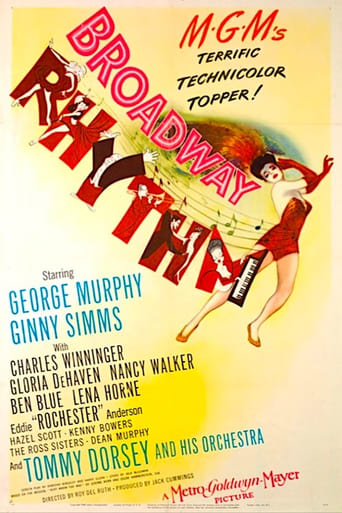
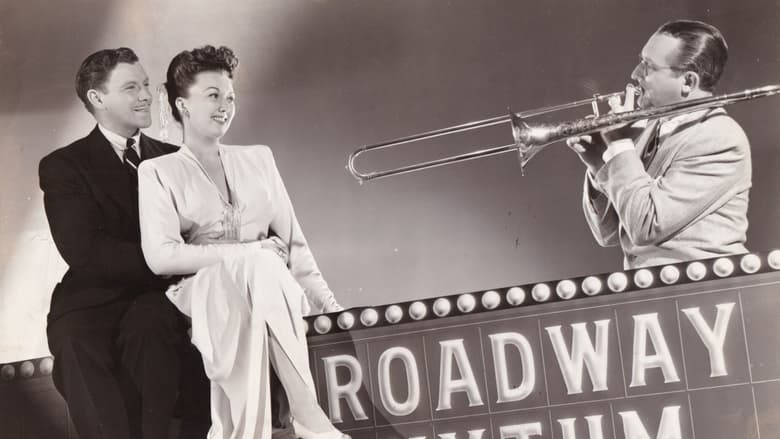
Broadway Rhythm (1944)
Broadway producer Johnny Demming is only interested in big-name talent and scoffs that his sister, father and other small-time talent could be used in a successful show.
Watch Trailer
Cast


Similar titles
Reviews
Just before Murphy and Simms go to see the Palm Reader, the man at the visual machine, with his back to us, when responding to Murphys comment looks quickly back. He looks life Paul Ford of the Music Man and You'll Never Get Rich (Bilko). He looks very young too. The color is fantastic and the opening number is first rate. It is great to see Nancy Walker in her youth. The dancers are superb and the music is great. Ginny Simms looks great coming out of Kay Keysers band. She was also with Abbott and Costello in a movie called "Hit the Ice." Her voice is great and the band compliments her voice. Lorne looks great but the Brazilian number was a little dull. They could have used her better in another dance scene.I give the movie a strong seven.
It's surprising when you watch "Broadway Rhythm" that it's a full-color film. After all, the actors are mostly second-tier and the songs are, for the most part, awful and have nothing to do with the original Broadway production. So why film it in very expensive color film stock? Well, the answer probably lies in the star of the film--Ginny Simms. At the time this film was made, she and studio chief Louis B. Meyer were, according to IMDb, REALLY, REALLY good friends (wink, wink)! The fact that he'd spend so much studio money on color film is less of a surprise than the rest of the film being so incredibly poor.George Murphy plays a fat-headed Broadway producer. Although he's successful, he thinks he knows everything--and treats his father and sister like they are idiots. He never trusts them and is very controlling. This comes back to haunt him when he wants to produce his next play, as the actress he wants (Simms) is convinced by his father and sister to star in THEIR production--a sort of homage to the Mickey Rooney/Judy Garland films where they produce a HUGE mega-show supposedly in a humble barn.The film has a lot of glitz and I am sure a lot of money was spent making it. However, there are too many songs and too many bad songs--which makes the film drag. The only number I liked was the great piano piece. Otherwise, the songs were just limp and forgettable...well, except for the first number when Murphy danced with a woman who looked for all the world like a giant banana!! Very easy to avoid--very hard to watch to the end!
In my next contribution of comments of African-Americans in films in chronological order for Black History Month, we're now in 1944 with Broadway Rhythm. This movie is the perfect example of how the unwritten rule of black actors not being allowed to perform with their white counterparts of the time unless they're domestics comes into play. Eddie 'Rochester' Anderson plays Eddie here and has scenes with Charles Winninger, Gloria DeHaven, and the star, George Murphy. They're all as the family butler. The one exception is the George and Ira Gershwin number, "Sombody Loves Me", performed by Lena Horne with Eddie being the silent partner in the act. Afterwards, Eddie makes a deal with Winninger for them to be in the show. That scene, along with the Hazel Scott piano swing version of "Minute Waltz" are positioned in such a way that Southern theatres could cut those sequences without hurting the story (as evidenced by their absence in the final production number). By the way, Leon Warwick is the doorman in the Scott sequence and Archie Savage is Horne's dance partner in her other number, "Brazilian Boogie-Woogie". Both of Horne's numbers and Scott's were very entertaining. Leading lady Ginny Simms does fine with the only Kern-Hammerstein song, "All the Things You Are", sang intact from the original play source, "Very Warm For May". I also liked Gloria DeHaven in her numbers and Winninger's duet with Tommy Dorsey on "I Like Corny". The Ross Sisters also provide their own acrobatic charm here. Nancy Walker and Ben Blue are pretty hilarious with the "Milkman Keep Those Bottles Quiet" number with Dorsey. What I didn't like was Dean Murphy as a farm hand who does celebrity impersonations that I half didn't recognize and didn't think was funny when I did (like his Mortimer Snerd). He definitely should be cut. After Lena's last number the movie could have been over by then and I wouldn't have cared. Having said all that, I do recommend Broadway Rhythm for anyone who loves musicals even with the threadbare plots like the one presented here.
A pleasing enough entertainment, working primarily as a pageant of various MGM specialty acts - impressionists, contortionists, nightclub acts, tap-dancers, as well as the standard musical theatrical numbers. The film isn't a musical in the traditional sense, as all the musical numbers are in the contest of an actual performance (some done toward the camera). It's much more in the tradition of a 1960s-70s variety TV show.There is a connecting plot, though only the slimmest possible. For me, the movie dragged whenever it stopped the music for a little story updating. George Murphy doesn't really dance much here - just briefly toward the beginning and end - and he does an OK piano medley in the middle. Ginny Simms isn't much of a screen presence, but has a great voice used to advantage. Close your eyes while she's singing and you won't miss much onscreen, other than the costumes.The highlights are in the supporting cast; great numbers from Lena Horne, Tommy Dorsey, Hazel Scott, and Nancy Walker (though you really have to wait for hers; she's a bit underused here). Really nice work from Gloria DeHaven and Kenny Bowers in their couple of tunes, as well as Walter Long's tap-dancing. The singing-contortionist Ross Sisters are something to see, but the impressionist got on my nerves after a while. (Some of his subjects will not register with viewers unfamiliar with the era; there's a couple of topical jokes elsewhere in the film also.)And Charles Winninger is a pleasure to watch in a diversion for him; I've rarely seen him in musical roles.In short, worth seeing for most of the musical segments; the rest is unremarkable.7 of 10


